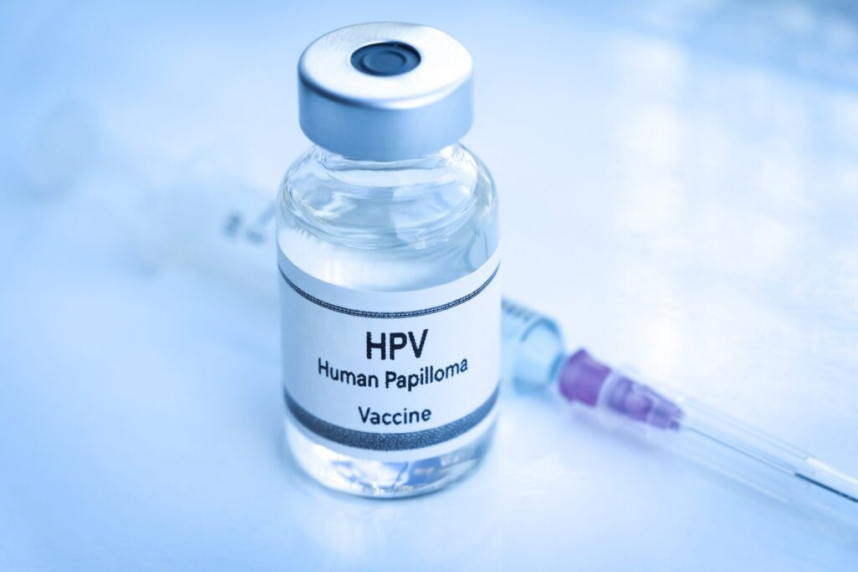
New findings may lead to better treatments for cancers caused by human papillomavirus infections, researchers say.
While vaccines exist to prevent HPV infections, researchers have failed to develop effective “therapeutic vaccines” for use after HPV infections have occurred – and the new study helps explain why.
Experimental therapeutic vaccines target HPV-infected cells using immune cells known as T-cells. But in tests in mice and cell cultures, researchers found that two HPV proteins, E6 and E7, prompt nearby cells to release a protein called IL-23 that prevents the body’s T-cells from attacking the tumor. Blocking this process can boost the ability of experimental treatments for HPV to eliminate cancer cells, according to a report published in the Journal for ImmunoTherapy of Cancer.
“To eliminate the cancer, T-cells need to proliferate and destroy infected cells. But IL-23 stops them from working effectively, so the tumor keeps growing,” study leader W. Martin Kast of the Keck School of Medicine of the University of Southern California said in a statement.
Drugs that inhibit IL-23 are already approved for treating psoriasis and other conditions, the researchers said.
“The fact that these antibodies are already FDA-approved for something else makes this approach promising — and it also allows for rapid translation into the clinic,” Kast said.
He and his team are now developing their therapeutic vaccine, which they will test in combination with antibodies that block IL-23. IL-23 is also found at high levels in testicular and bladder cancers, the researchers noted, adding that further research is needed to clarify what role IL-23 plays in those diseases.